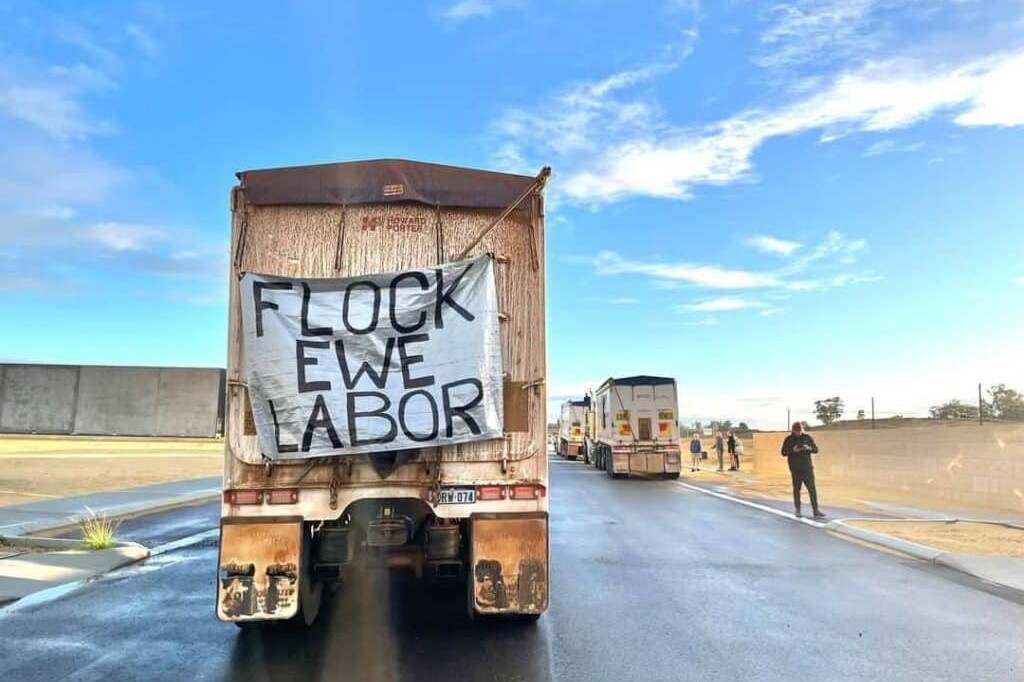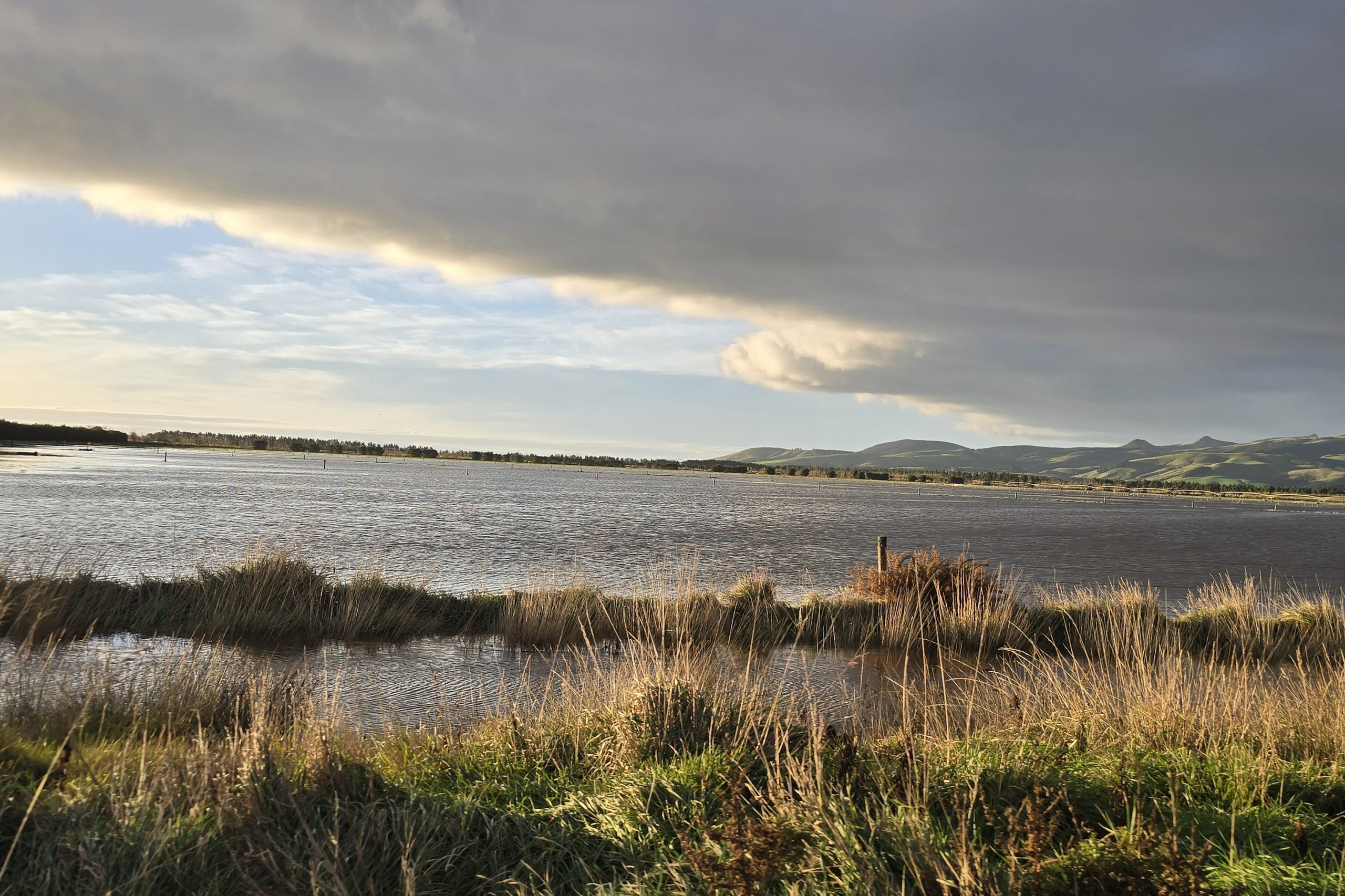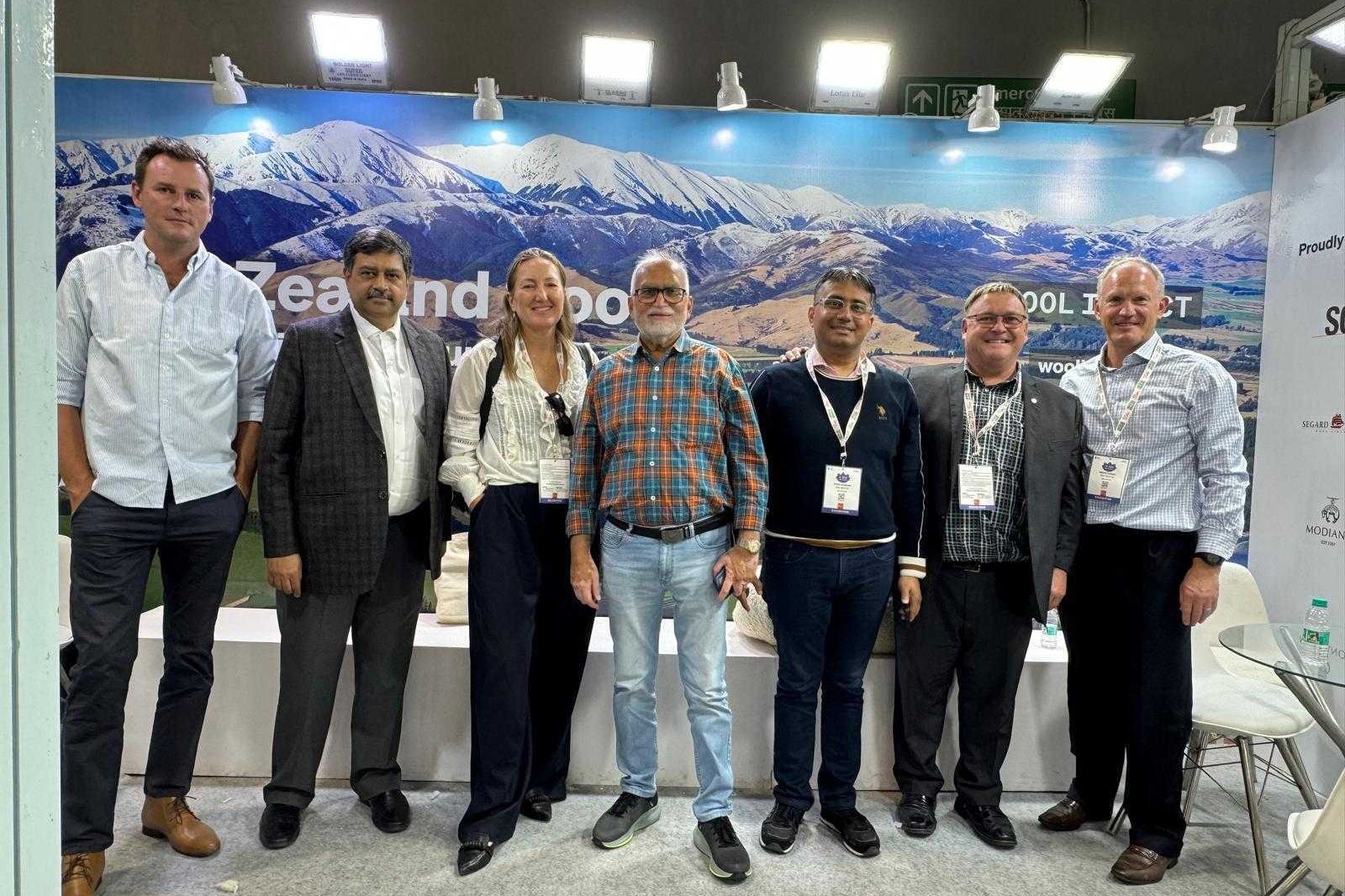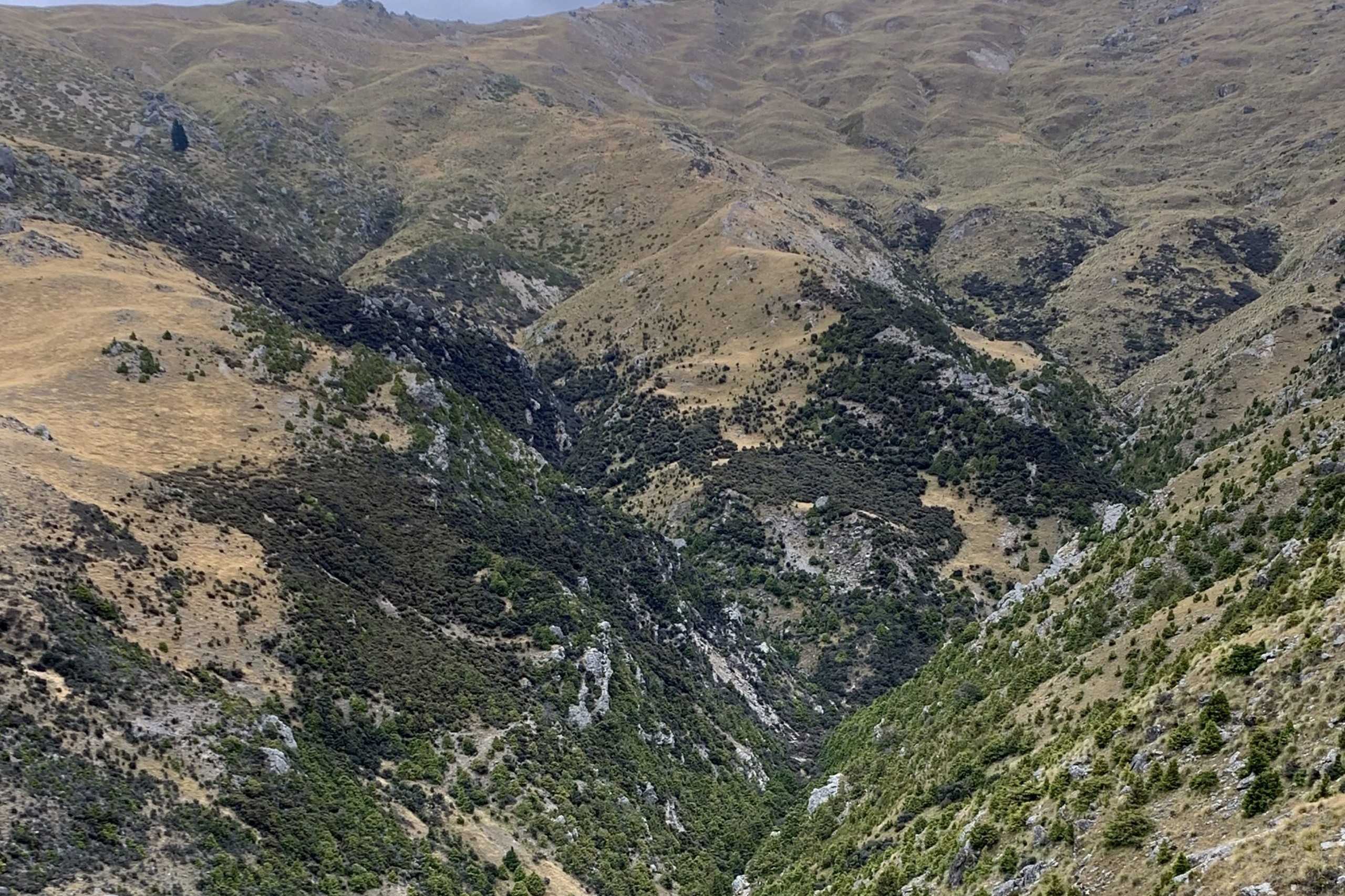Deep malaise creeping in
As the rockets rain down on Kyiv, Rober Carter finds a leaky waka back home.
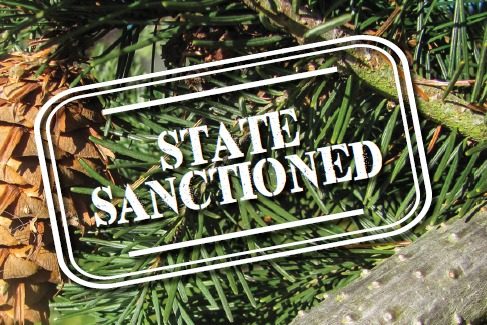
As the rockets rain down on Kyiv, Rober Carter finds a leaky waka back home.
AS I WRITE THIS, PUTIN’S SOLDIERS are invading another country, Ukraine, a sovereign state again since 1991, as part of the dismantling of the former Union of Soviet Socialist Republics.
Now the Ruskies want it back. Glasnost and perestroika all gone!
It sounds to me like the tragic story of the life of the girl who married the bad boy, wanted out of the relationship but the bastard is still living right next door, still hassling her.
It’s an unfolding tragedy made even more poignant for us as my niece’s partner is a young Ukrainian man making New Zealand his home, working hard as a beekeeper.
We are fed daily smartphone videos, sent over by Ukrainian family members and they are bloody awful to view.
Last year was bad but 2022 is rapidly making 2021 look like a Christmas in the park.
Modern technology has meant we can be virtually anywhere in the world at any time and see things as they unfold.
The Ukraine situation is about as bad as it gets, however, at a more local level there are issues which do cause some considerable anxiety in my mind.
He Waka Eke Noa (primary sector climate action partnership), means ‘we are all in the same waka’.
Normally, I would totally agree with this proverb, but this waka is faulty and would not pass a Maritime NZ audit in any shape or form.
There are leaks and a complete lack of safety equipment!
I have, until this week, read the farming papers and all the comments from the leaders. What I see is a deep malaise creeping into our industry.
It’s particularly noticeable that our leaders are hell-bent on selling us into a system that will not add one iota of advantage to us or the globe.
One of the most galling things about this is that already, without any legislative incentives, farmers are already changing practices to enhance the environment and in so doing, sequestering carbon.
We have been doing this for years with our plantings and land management systems.
Further, we are now assessing our stud sheep for lower enteric emissions using AgResearch and their portable accumulation chamber for sheep.
The emerging NZ models such as He Waka are in direct contravention of the Paris accord which particularly mentions food production not being put at risk.
Lately I’ve become very reticent about reading farming papers as I’ve now identified them as an onfarm hazard!
They are now in our risk register, and we carried out an assessment using the risk matrix.
Before I applied any mitigation strategies to the risk, the assessment was in the very high category.
I thought about the best risk reduction methods I could apply, to transition the risk into the green, acceptable sector of the matrix.
Happily, I can now proceed with my work as I’ve reduced the risk to the green “okay” sector by simply discarding most of them.
I feel that a much greater effort needs to be made to engage with us.
We need a system fit for purpose and based on good peer-reviewed science.
I’m assuming that, (in this hill country farming area), as we’ve already largely gone down the pathway of the state-sanctioned wilding pines, we just don’t matter anymore.
I’ve noted many commentators expressing very similar sentiments, as well as some very well-thought-out better solutions, from the likes of Graeme Gleeson (farmer and farming advocate) and others.

